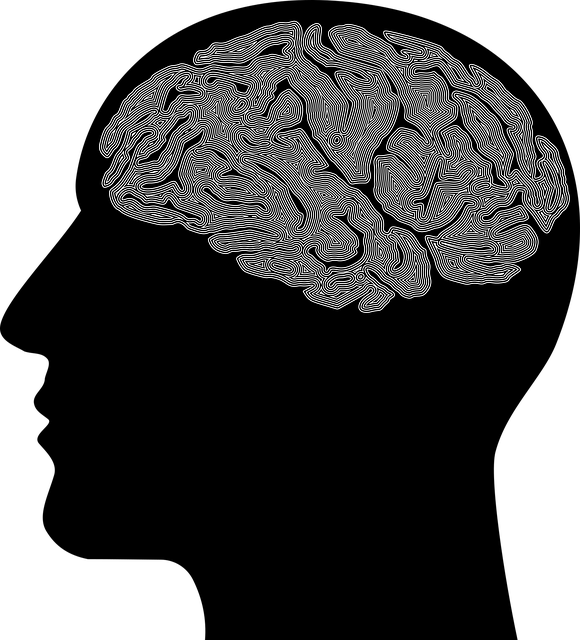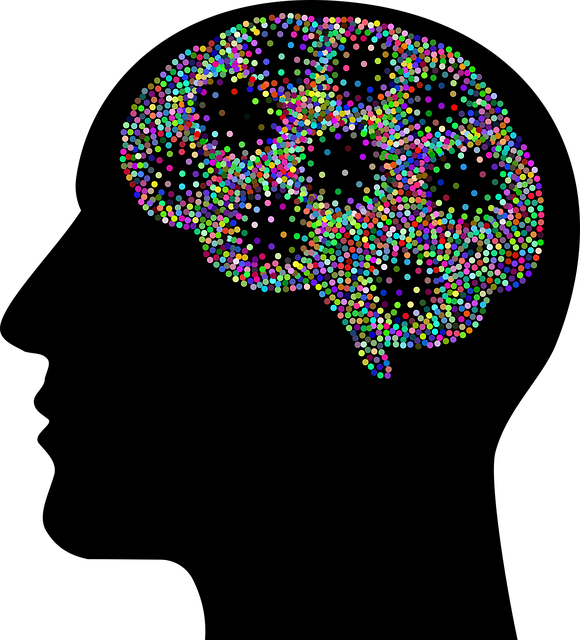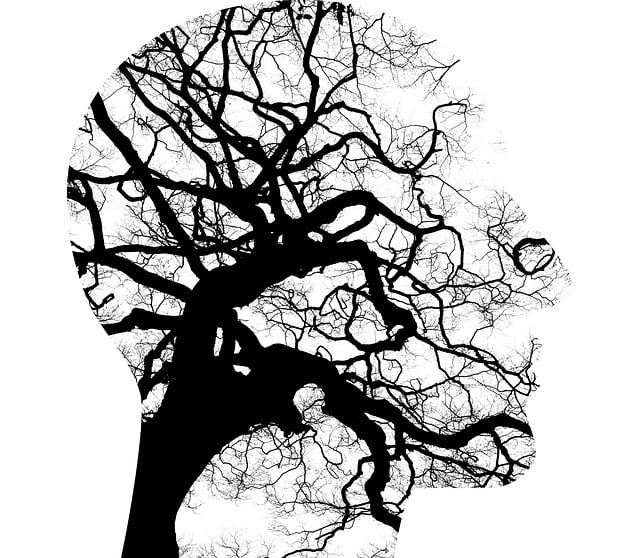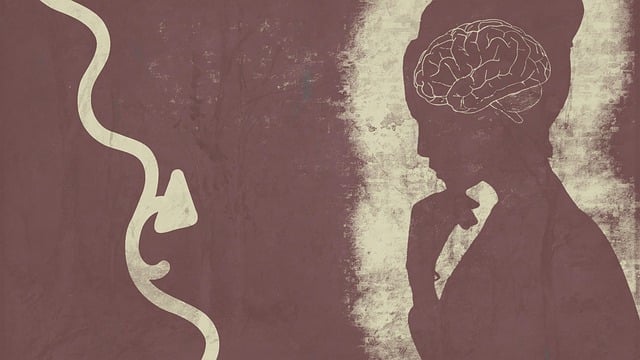TL;DR: Mental health professionals managing Centennial Obsessive Compulsive Disorder (OCD) therapy must adopt a holistic risk management approach. This involves destigmatizing mental health, enhancing social support, fostering resilience through self-care, and navigating cultural sensitivity to mitigate risks. By combining proactive measures like mindfulness, exercise, and culturally adapted techniques, therapists create a safe environment, improve self-esteem, and enhance OCD therapy outcomes, ultimately providing comprehensive and sustainable care.
Mental health professionals, especially those specializing in OCD therapy, must navigate complex risks daily. This article guides you through essential risk management planning for a safe and fulfilling practice. We explore the nuances of understanding risk in mental health, focusing on potential hazards unique to OCD therapists. Learn effective strategies for identifying and mitigating these risks, fostering long-term safety, and building resilience. Discover key practices tailored for the dynamic field of Centennial Obsessive Compulsive Disorder therapy.
- Understanding Risk in Mental Health Practice
- Identifying Potential Hazards for OCD Therapists
- Strategies for Effective Risk Management
- Ensuring Long-Term Safety and Resilience
Understanding Risk in Mental Health Practice

Understanding Risk in Mental Health Practice is a complex yet essential aspect of effective therapy delivery, especially for conditions such as Centennial Obsessive Compulsive Disorder (OCD). In this dynamic field, professionals must constantly assess and manage various risks that can impact both their clients’ well-being and their own. Risks can arise from a multitude of factors, including the inherent complexity of OCD symptoms, which may involve intrusive thoughts, repetitive behaviors, and significant distress.
A holistic approach to risk management involves not only recognizing potential hazards but also implementing strategies tailored to individual client needs. This may include Public Awareness Campaigns Development to destigmatize mental health issues, Social Skills Training to enhance clients’ support networks, and Self-Care Routine Development for Better Mental Health to foster resilience. By embracing these proactive measures, mental health professionals can create a safer, more supportive environment, ultimately enhancing the efficacy of their therapeutic interventions.
Identifying Potential Hazards for OCD Therapists

For mental health professionals specializing in Centennial Obsessive Compulsive Disorder (OCD) therapy, identifying potential hazards is a critical step in effective risk management planning. OCD therapists often face unique challenges due to the intricate nature of their clients’ conditions, which can manifest in various forms and impact daily life. Hazards may include managing the emotional intensity experienced during therapy sessions, as intense feelings of anxiety or distress can arise for both therapist and client.
Additionally, ensuring cultural sensitivity in mental healthcare practice is paramount. Therapists must be vigilant to avoid inadvertent triggers related to cultural or religious beliefs, especially when addressing specific OCD symptoms. The impact of these factors on a client’s emotional regulation and self-esteem improvement cannot be understated. Effective risk management involves recognizing and mitigating these potential hazards, fostering a safe and supportive therapeutic environment that encourages progress towards recovery.
Strategies for Effective Risk Management

Effective risk management for mental health professionals involves a multifaceted approach tailored to address diverse client needs and potential challenges. One key strategy is integrating self-care practices into daily routines, which include stress reduction methods like mindfulness meditation, regular exercise, and sufficient sleep to mitigate burnout and enhance resilience. This holistic approach not only benefits the therapist but also improves their ability to provide quality care.
Additionally, cultivating cultural sensitivity in mental healthcare practice is vital. Professionals should be adept at navigating different cultural contexts and belief systems, ensuring inclusive and non-judgmental therapy sessions. This involves continuous learning about various cultures, understanding the impact of systemic biases, and adapting therapeutic techniques accordingly. For instance, therapists treating clients with Centennial Obsessive Compulsive Disorder (OCD) must consider cultural influences on OCD symptoms and treatment preferences, thereby enhancing the effectiveness of therapy.
Ensuring Long-Term Safety and Resilience

Mental health professionals play a crucial role in helping individuals navigate and manage their mental health journeys. To ensure long-term safety and resilience, it’s essential for them to incorporate robust risk management planning into their practice. This involves not only identifying potential risks but also implementing strategies that promote self-care practices and foster a supportive community.
By integrating these measures, professionals can enhance their ability to handle complex cases, such as those involving Centennial Obsessive Compulsive Disorder (OCD) Therapy. Effective risk management includes establishing clear protocols for mood management, regular review of treatment plans, and even the implementation of community outreach program initiatives. These proactive steps not only safeguard the well-being of both professionals and clients but also contribute to a more comprehensive and sustainable approach to mental health care.
Mental health professionals, particularly those specializing in Centennial Obsessive Compulsive Disorder (OCD) therapy, must prioritize risk management planning for a safe and resilient practice. By understanding the unique risks involved, identifying potential hazards, and implementing effective strategies, therapists can ensure long-term safety for both themselves and their clients. Continuous evaluation and adaptation of these plans are essential to navigate the dynamic nature of mental health practice.














